Mozambique: Western Sahara minister calls for dialogue as 'key' to stability
Dhlakama intransigent on ruling six provinces – More on the ‘Savana’ interview
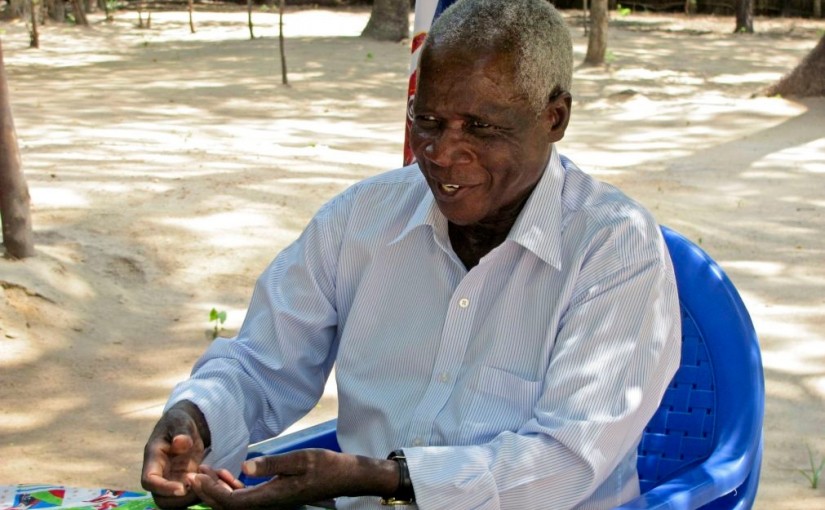
File photo / Afonso Dhlakama
Afonso Dhlakama, leader of the Mozambican rebel movement Renamo, has insisted that his top priority in the current talks between the government and Renamo is to take control of the six central and northern provinces where he claims that Renamo won the October 2014 general elections.
Interviewed in the latest issue of the independent weekly “Savana”, Dhlakama was utterly intransigent, demanding that the Constitution be amended to suit his demands.
He rejected the idea that Renamo could propose names for provincial governors who would then be appointed by President Filipe Nyusi, an arrangement that would not need any constitutional amendment. “If I were to give a list to Nyusi, it would seem that I am offering Renamo cadres to work with Frelimo policies”, Dhlakama said.
Once again, Dhlakama recycled the Renamo claim that Nyusi is only in power because of electoral fraud. “Everybody knows that Nyusi did not win the elections, but he is governing”, he claimed.
“Everybody” knows nothing of the sort. Renamo has never provided any evidence for generalised fraud – certainly nothing that can account for the gap of a million votes between Nyusi and Dhlakama. The elections were fought after the electoral legislation was altered in exactly the way that Renamo had demanded, producing laws which Dhlakama had boasted would be invulnerable to fraud.
Dhlakama told “Savana” that, at most, Nyusi could swear Renamo provincial governors into office, but they would work with Renamo policies (although he did not state in what way these policies would be different from current government policy).
“The existing governors will have to leave, and political and administrative powers delivered to governors appointed by Renamo”, he said. “That’s what we want. We’re not demanding anything out of this world”.
Dhlakama added that, if offered the post of Deputy President, he would reject it because “I cannot work with Frelimo”. He alleged that Frelimo remains “Marxist” (although in reality Frelimo abandoned Marxism at its Fifth Congress, in 1989). He feared that, if he were to accept a senior position, he would suffer the same fate as Zimbabwean opposition leader Morgan Tsvangirai and “end up disappearing”.
“There must be a constitutional amendment which says that the provinces are governed by the winning party”, insisted Dhlakama.
Dhlakama’s claim that Renamo won in six provinces (Sofala, Manica, Tete, Zambezia, Nampula and Niassa) is not often challenged, but it happens to be untrue. Dhlakama topped the presidential poll in all of those provinces except Niassa, but in the parliamentary elections Renamo took a majority of votes in just two provinces, Sofala and Zambezia. In the elections for provincial assemblies, Renamo won a majority in Sofala, Zambezia and Tete. As for Niassa, Frelimo won in all three elections.
The Joint Commission between the government and Renamo has set up a sub-commission to work on constitutional amendments and new and amended laws on decentralization that are to go before the country’s parliament, the Assembly of the Republic. The deadline for submission is the end of November – but the head of the government delegation, former Security Minister Jacinto Veloso, has warned that this is quite unrealistic.
The package consists of six laws plus constitutional amendments. To draft all of this in just three and a half months is an enormous task – but Dhlakama claimed that “with good will, it can be done by the end of September”.
But “provisionally” he would accept the Assembly just discussing and approving the constitutional changes that would allow Renamo to take over the six provinces it wants, and a new law on provincial finance.
Dhlakama said he had spoken on the phone with the group of foreign mediators who had asked him to declare a truce. He said he would only do so, if the government withdrew its forces from the Gorongosa mountain range (near his bush camp in the Satunjira region).
He said he was also willing to establish a “demilitarised corridor” to allow the mediators to visit his camp. To operate such a corridor “three commanders from Renamo, three from the government and one independent could be appointed”, he suggested.
Dhlakama claimed he was concerned for the security of the mediators, because “Frelimo might assassinate mediators and blame Renamo”.


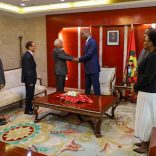
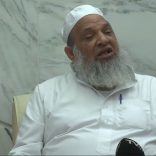

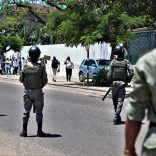



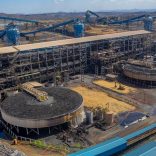


Leave a Reply
Be the First to Comment!
You must be logged in to post a comment.
You must be logged in to post a comment.